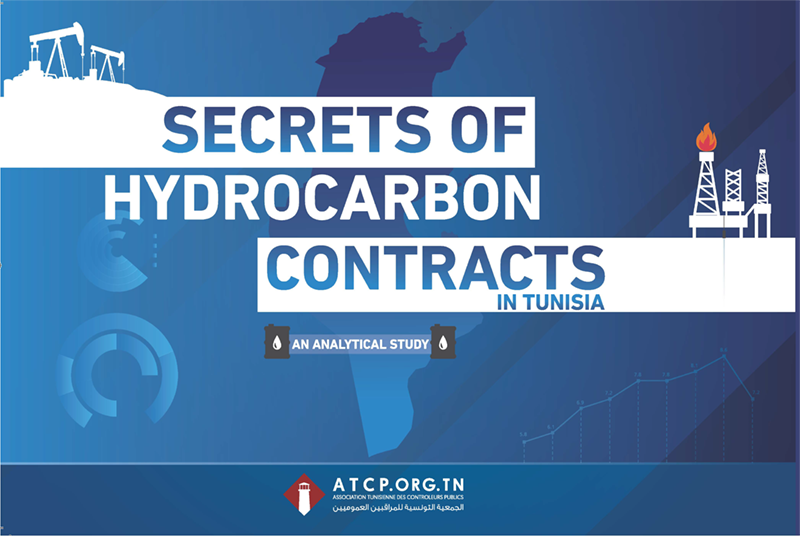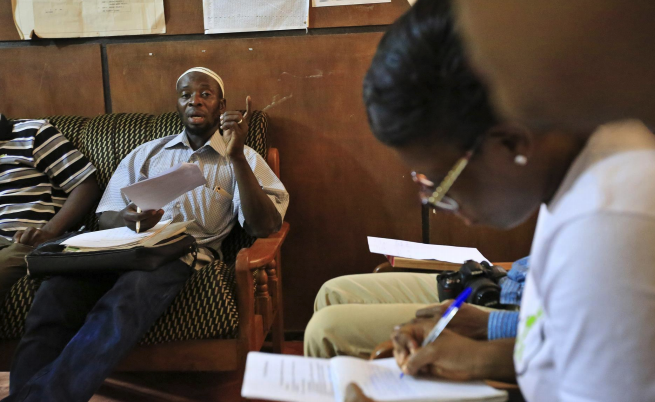News and resources
Explore our publications on a wide range of topics, to find the powerful facts, stories and approaches that underpin our work to make the extractive industry more open, accountable and participatory.
Active filters
EU Corporate Sustainability Reporting Directive Briefing
In April, the European Commission put forward a proposal for a new Corporate Sustainability Reporting Directive (CSRD). Sector-specific standards will be developed, and the European Parliament has stressed the importance of identifying high-risk sectors. In the context of the global climate crisis and the European Green Deal, Publish What You Pay (PWYP) advocates for the […]
Government efforts to reduce emissions in the oil and gas sector need more transparency
Emily Nickerson supported the production of the below mentioned report by Oxfam Canada and Parkland Institute, and is also outgoing Director of PWYP-Canada. This blog presents key report findings, and lessons for PWYP coalitions and members. Governments are ramping up their investments to reduce greenhouse gas emissions, investing billions in new green industries and efforts […]
Civil Society Guide to the Mining Local Procurement Reporting Mechanism
Since 2018, Publish What You Pay (PWYP) member organisations in West Africa have dedicated great efforts to foster local content implementation in the mining sector. This has been done through the promotion of local procurement, which represents the “biggest single element in benefit distribution for communities and government”. Spending on goods and services is usually […]
“What’s in It for Us?” An action-research case study of Nigeria’s extractive industries
AN ACTION-RESEARCH CASE STUDY OF NIGERIA’S EXTRACTIVE INDUSTRIES Nigeria’s 65 years of oil and gas production have made it Africa’s largest producer. With almost 40 billion barrels of proven oil reserves, its economy is heavily dependent on hydrocarbon exports. Operating extractive companies including subsidiaries of Chevron, CNOOC (China), Eni, Equinor, ExxonMobil, Royal Dutch Shell Plc […]
Billions in company payments failing to improve lives in Niger Delta, new study shows
The hundreds of millions of dollars multinational energy companies pay every year towards development in the Niger Delta are having negligible impact on people’s lives or environmental protection, a new study co-authored by civil society organisations Policy Alert (Nigeria), Publish What You Pay (PWYP) UK, has found. The report, “What’s in It for Us?” […]
PWYP at the OGP Summit
The OGP Summit 2019 is taking place this week in Ottawa, Canada, and many PWYP members will be there to highlight key PWYP messages and priorities! You can find the agenda for the OGP Summit here and below you can find some the relevant PWYP and extractives sessions. Relevant PWYP events Tuesday 28 May – Civil Society […]
Secrets of Hydrocarbon Contracts in Tunisia
El Kamur, Om Shiah, Kerkenna, Argub, Douz … regions that have become famous for their successive protests since 2011 about the management of natural resources in Tunisia. The reasons for protests are summarized by a young man from the village of Faouar in the Governorate of Kebili in southern Tunisia, nearby several oil wells: “we […]
Past the Tipping Point? Contract Disclosure within EITI
When governments and private sector companies agree to exploit publicly held natural resources, citizens have the right to know the terms of the resulting deals. These terms are contained in licenses, contracts, regulations and legislation. While regulations and legislation are usually public, licenses and contracts are not.
Contract Disclosure Survey 2018: A review of the contract disclosure policies of 40 oil, gas and mining companies
Contract disclosure in the oil, gas and mining sector is an emerging global norm. Given the progress by governments, international financial institutions and the Extractive Industries Transparency Initiative, this report aims fill the research gap in information regarding corporate policies on contract disclosure. It provides a snapshot of the current landscape of corporate policy based […]
Breaking new ground at EITI – and looking ahead to the global conference in June
For years, PWYP members have been calling for the EITI standard to include several critical transparency measures.
What is civil society asking the EITI Board to decide this week?
At the 42nd EITI Board meeting taking place in Kiev, Ukraine this week, key proposed changes to the EITI Standard are being discussed, in particular on how to strengthen the EITI Standard on gender, contract transparency, commodity trading and environmental impact disclosure. On this page you find the various resources that outline how and why […]
Three years after ‘win-win’ negotiations, Niger still losing out to Areva
In 2014, Niger announced that it had successfully renegotiated uranium extraction contracts with the French multinational group, Areva. While the negotiations were hailed as being a “win-win” for both Areva and the people of Niger, analysis of newly published information from Areva has called into question if indeed the benefits are mutual. Given that it […]

















